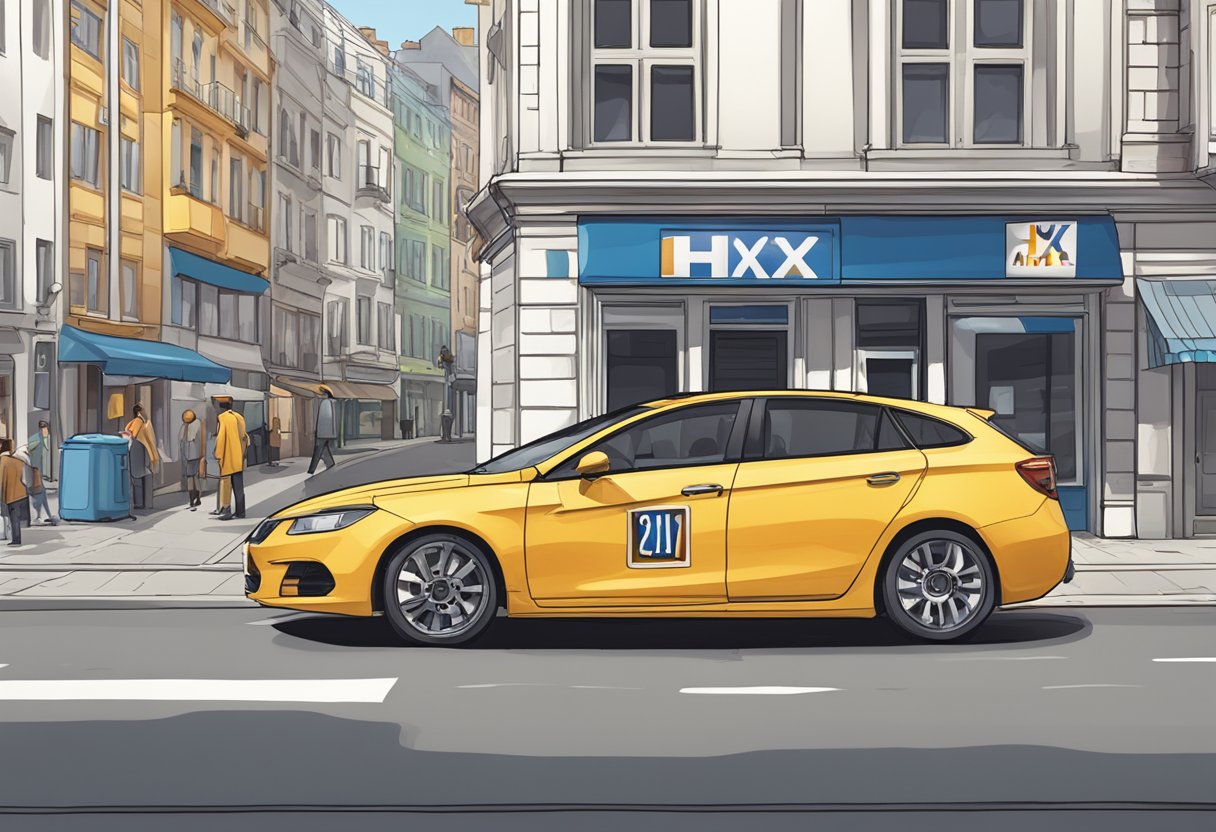The Rise of E-Mobility Start-Ups: Transforming the Future of Transportation
As the world increasingly shifts towards sustainable and eco-friendly modes of transportation, e-mobility start-ups are becoming key players in this revolution. This article delves into the specific questions surrounding e-mobility start-ups, examining their impact, challenges, and future prospects in the mobility sector.

Understanding E-Mobility Start-Ups
E-mobility start-ups are innovative companies focused on creating electric-powered transportation solutions, ranging from electric vehicles (EVs) to electric bikes and scooters. These start-ups are usually characterized by their agility and a keen ability to adapt swiftly to market changes, making them crucial to the evolving landscape of transportation.
Why Should You Invest in E-Mobility Start-Ups?
Investing in e-mobility start-ups can be a lucrative opportunity. The global shift towards sustainable energy solutions is not just a trend; it’s a necessity driven by environmental concerns and government policies aimed at reducing carbon emissions. E-mobility companies often benefit from:
- Growing Demand: With an increasing number of consumers seeking alternative transportation solutions, the market for electric vehicles is expanding rapidly.
- Government Support: Many governments are offering incentives and subsidies for e-mobility solutions, making it easier for start-ups to enter the market.
- Technological Advancements: Innovations in battery technology and charging infrastructure are continually enhancing the viability of e-mobility solutions.
Challenges Faced by E-Mobility Start-Ups
Despite the promising landscape, e-mobility start-ups face several hurdles:
- High Initial Capital Requirements: Developing electric vehicles or infrastructure requires significant investment, often deterred by uncertain market conditions.
- Regulatory Hurdles: Navigating through complex regulations related to electric vehicles, safety standards, and local transportation policies can stifle innovation.
- Competition from Established Players: Major automotive manufacturers are venturing into e-mobility, making it difficult for start-ups to establish a firm foothold in the industry.
Common Business Models for E-Mobility Start-Ups
The e-mobility sector comprises various business models:
- Direct Sales: Start-ups like Rivian focus on selling electric vehicles directly to consumers, often through online platforms.
- Subscription Models: Companies like Canoo are adopting subscription services, allowing consumers access to vehicles without the long-term commitment of ownership.
- Utilization of Shared Mobility: Start-ups like Bird and Lime operate in the shared scooter space, making electric scooters available for short-term rentals across urban areas.
Case Studies: Successful E-Mobility Start-Ups
Several e-mobility start-ups have managed to carve a niche in the market:
- ChargePoint: Specializing in electric vehicle charging stations, ChargePoint has developed an extensive network that supports EV users, demonstrating how infrastructure development is critical for the success of e-mobility.
- BYD: Although originally a battery manufacturer, BYD has successfully pivoted to produce electric buses and trucks, establishing itself as a major player in the e-mobility sector.
- Neptune Energy: This start-up focuses on the convergence of energy procurement with e-mobility, encouraging the use of renewable energy sources for electric vehicles.
Future Trends in E-Mobility Start-Ups
As e-mobility continues to gain traction, start-ups will likely engage with various trends:
- Integration with AI and Big Data: Start-ups may increasingly use AI to enhance operational efficiency, optimize routes, and improve user experiences.
- Focus on Sustainability: E-mobility start-ups are expected to deepen their commitment to sustainability, using eco-friendly materials and participating in circular economy practices.
- Partnerships and Collaborations: Collaborations among tech companies, automotive manufacturers, and government agencies will become vital to address systemic challenges.
Summary: What Lies Ahead for E-Mobility Start-Ups?
The e-mobility start-up landscape is dynamic and full of potential. By focusing on innovative solutions, addressing challenges, and leveraging technological advancements, these start-ups are set to play a pivotal role in shaping the future of mobility. Entrepreneurs and investors looking to make an impact should take advantage of the burgeoning opportunities in the e-mobility sector. As the e-mobility market evolves, the demand for innovative and efficient solutions will only continue to rise.
New posts

The Rise of E-Mobility Start-Ups: Transforming the Future of Transportation
Electric Vehicles

Understanding the Percentage of Electric Cars in Norway: A Comprehensive Analysis
Sustainability

Exploring Electric Car Battery Swap Stations: A Revolutionary Solution for Sustainable Transportation
Electric Vehicles

Latest E-Mobility News: Trends, Innovations, and Insights
Sustainability

The Future of Performance: Exploring Audi Quattro Electric Technology
Sustainability

Understanding Bio Hybrids: Revolutionizing Biotechnology
Technology

Bio Hybrid vs Electric: Which Is the Future of Sustainable Driving?
Innovation

Exploring the Audi Quattro Electric Range: Performance, Efficiency, and Features
Electric Vehicles

Audi Quattro Electric vs Tesla Model Y: A Comprehensive Comparison
Electric Vehicles

What to Expect from Bio Hybrid Cars in 2025
Sustainability
Popular posts

The Rise of Polestar Motorcycles: A Comprehensive Look at This Exciting New Player
Sustainability

Maximize Your EV Experience with a Wallbox Garage: All You Need to Know
Home Improvement

Exploring NIO Power Swap Stations: Revolutionizing EV Ownership
Sustainability

Exploring Apple Project Titan: The Future of Autonomous Vehicles
Innovation

How Do Electric Car Incentives Work? A Detailed Guide
Sustainability

The Rise of Eco-Friendly SUVs: What You Need to Know
Sustainability

Hydrogen vs Electric Cars: A Comprehensive Comparison
Sustainability

The Latest Insights and Trends in EVNews: Your Go-To Source for Electric Vehicle Updates
Sustainability

Unveiling the Latest E-Mobility Trends in Europe
Technology

Exploring the World of EV Magazines: Your Ultimate Guide
Sustainability